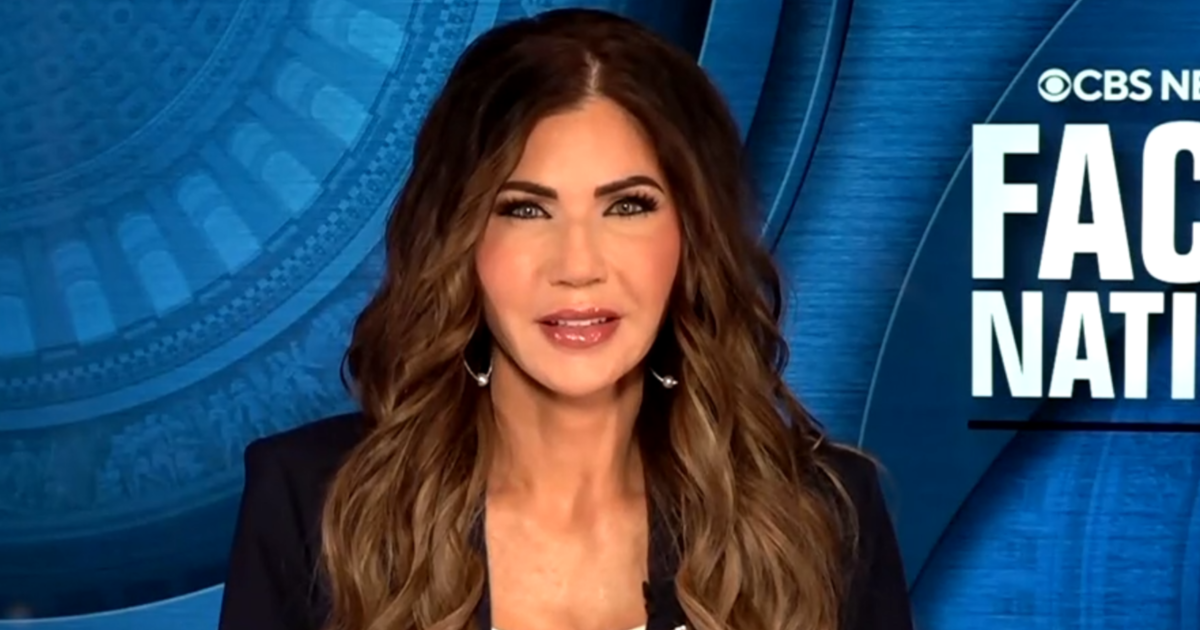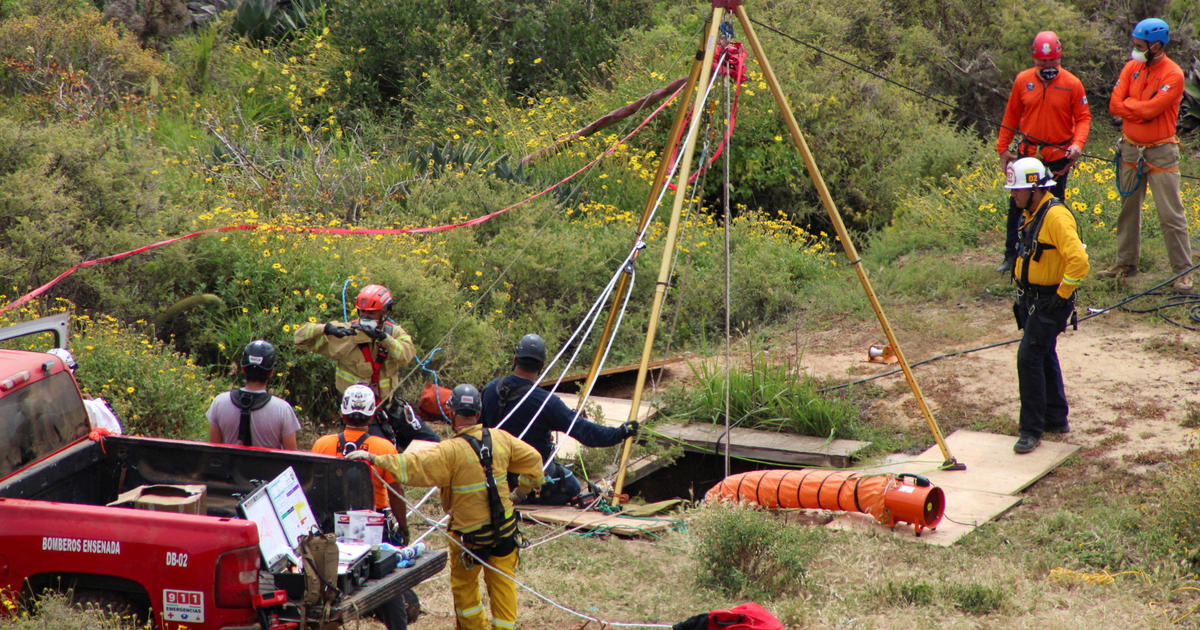Former Attorney General William Barr has spoken to January 6 committee
Washington — An individual close to former Attorney General Bill Barr has confirmed that the House select committee investigating January 6 contacted Barr for what was described as an informal conversation to see if he knew of any information related to the attack on the Capitol that day or the actions of former Justice Department official Jeffrey Clarke.
CBS News has learned that Barr said he did not have any visibility into the events of January 6 or the work Clarke was doing, and he did not feel that he has much information that could be useful to the committee. His last day at the Justice Department was December 23, 2020.
Congressman Bennie Thompson, chairman of the House select committee investigating the January 6 assault on the U.S. Capitol, revealed Sunday that Barr had spoken with investigators.
"We've had conversations with the former attorney general already. We have talked to Department of Defense individuals," Thompson, a Democrat from Mississippi, said in an interview with "Face the Nation" when asked if the committee intended to speak with Barr about a draft executive order reportedly given to former President Donald Trump that would have directed the Defense Department to seize voting machines after he lost the 2020 election.
"We are concerned that our military was part of this big lie on promoting that the election was false. So, if you are using the military to potentially seize voting machines, even though it's a discussion, the public needs to know. We've never had that before," he continued.
Several news outlets last week published the draft executive order that was obtained by the select committee as part of a trove of documents it requested from the National Archives last year. Trump sued to block the committee from getting the reams of records from his White House, but the Supreme Court last week declined to block their release, clearing the way for the National Archives to turn the documents over to House investigators.
The draft executive order, first published by Politico, was never issued, and it's unclear who wrote the document. Dated December 16, 2020, the order would have authorized the secretary of defense to "seize, collect, retain and analyze all machines, equipment, electronically stored information, and material records required for retention" under a federal law governing the retention and preservation of election records.
Thompson said the committee does not know whether there was anyone within the Pentagon working on the issue of possibly seizing voting machines, but said the draft executive order "is reason enough to believe that it was being proposed."
"We have information that between the Department of Justice, a plan was put forward to potentially seize voting machines in the country and utilize Department of Defense assets to make that happen," he said.
The committee is also examining efforts of Republican presidential electors in five states won by President Biden to cast unofficial votes and submit fake Electoral College certificates claiming Trump, not Mr. Biden, won their states, according to reports.
Thompson said the panel is concerned that documents were filed by individuals falsely claiming they were responsible for conducting and certifying elections.
"When you falsify documents, in most instances, that's a criminal act," he said, noting that any decision on possible prosecutions would be made by the Justice Department.
The committee has in the course of its investigation issued subpoenas to dozens of people — White House aides, organizers of the January 6 rally outside the White House and allies of Trump — and Thompson said it is in the process of reviewing the more than 700 pages of documents it obtained from the National Archives.
Public hearings are expected to begin in the spring, he said.
"Part of our plan is to continue to engage all those individuals that we deem necessary and important to our investigation. Some we'll talk to, some we will do in deposition under oath. Others we will offer hearing opportunities," Thompson said. "But I can assure you, as we develop this information, we will clearly present it to the public. We plan at this point to have a series of public hearings showing the use of federal assets, Department of Justice, Department of Defense and other agencies to actually stop the duly election of a president. So, we'll do it in due time."



